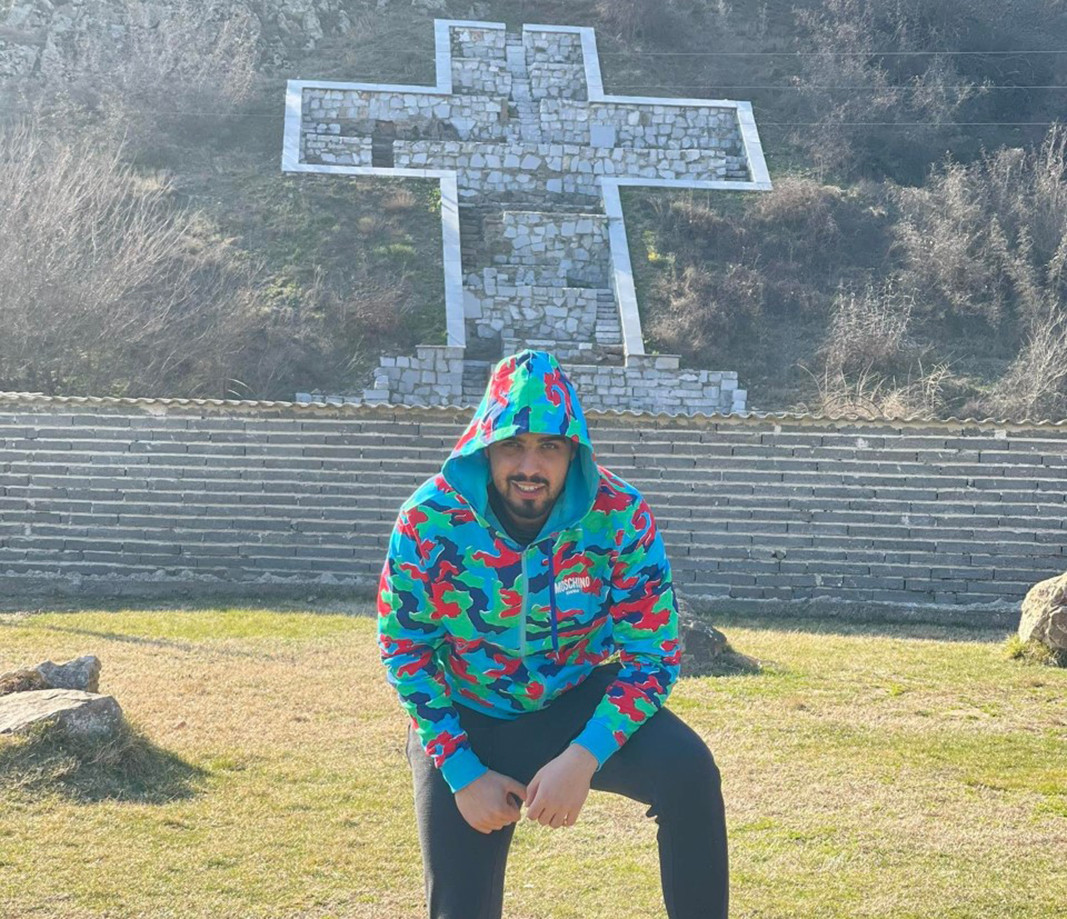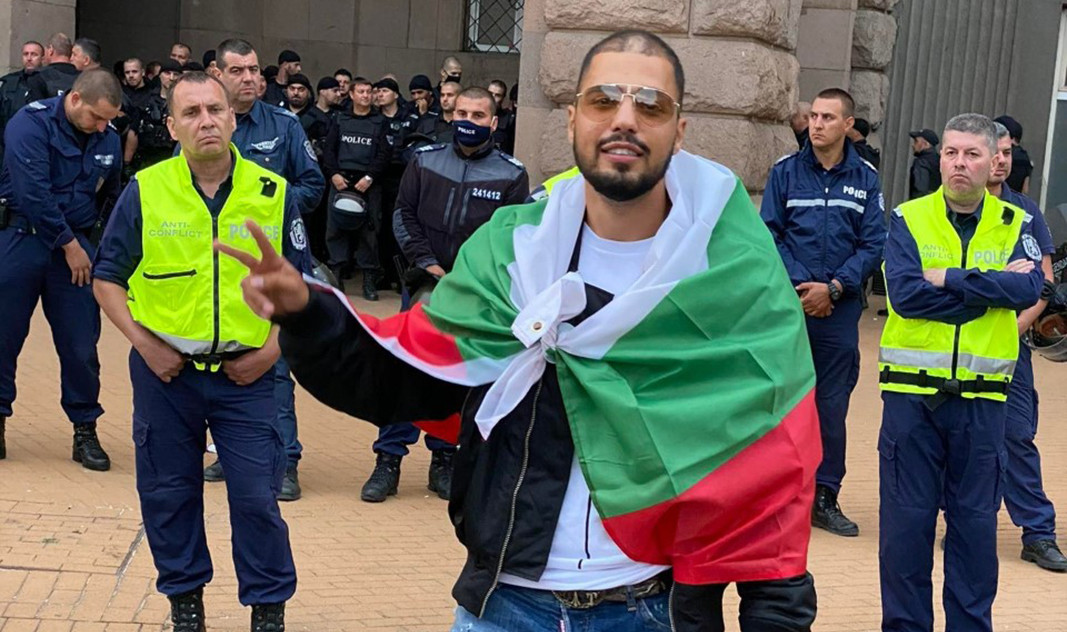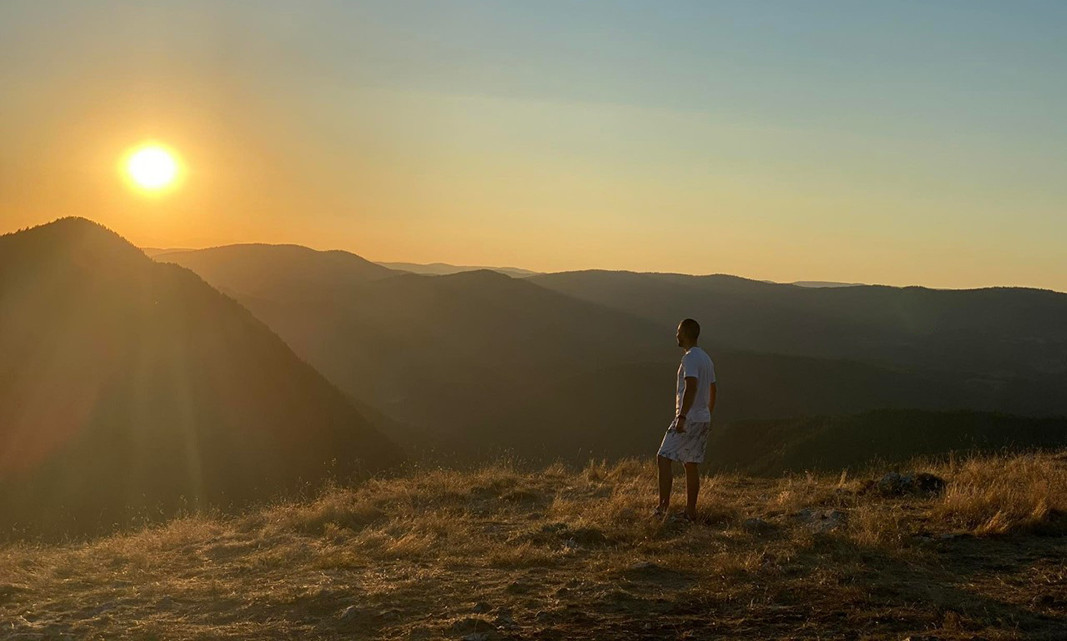Dr. Payam Forghani was born 26 years ago near... Antarctica, or rather in the city of Hobart on the island of Tasmania - the southernmost point of Australia. After graduating from high school in Canberra, Payam applied to study dentistry but failed to pass the entrance exam. "Our family dentist in Canberra was Bulgarian and she then advised me to study dentistry in Bulgaria. At that time I knew nothing about this country. I also asked my friends and they were not sure if it was in Russia or somewhere around," Payam recalls.
Thus, eight years ago, in a freezing winter, Payam ended up in Sofia. At the beginning he was depressed. "Black cold, dark streets, terrible roads, different alphabet. I couldn't read, I couldn't understand anything, most people didn't know English, the culture shock was drastic," recounts the young dentist. He took private lessons at the Institute for Foreign Students and learned Bulgarian in just 6 months. At the Medical University of Sofia, Payam found himself in a cosmopolitan environment. It turns out that many foreigners like him have chosen to study in Bulgaria.

"The quality of training here, especially in the field of dentistry, is very high," says Payam, who currently specializes in orthodontics. What does he think of the Bulgarians? His answer may surprise you:
"People here are cold at first, it's harder to make friends. It's not like in Australia or the West - you walk down the street and everyone smiles at you. I'm so used to it - I smile and people here think, 'This guy's gone bananas, is he on medication or what?' But once you cross that barrier, they become very close to you, you're like family. The other thing is that Bulgarians can't enjoy other people's happiness and they always compare themselves with the neighbor. But the young generation is changing and it's not like that anymore."
Apparently Dr. Payam Forgani understands the peculiarities of Bulgarian mentality. He insists that he feels better here than in his native Australia, travelling almost every weekend around Bulgaria, communicating with the people. "Every town or village here has monuments, eco-trails, temples. That's how you get to know the history of Bulgaria. It's a very tough history, that's why Bulgarians are such a strong people," Payam says.
But why are they so skeptical and always disgruntled?

"I think these are scars of Bulgarian history. Under socialism Bulgarians were lied to a lot, so they doubt everything they hear. Even today they accept that everybody is lying to them, that everything is a scam and there is always someone trying to deceive them. But they have to learn to trust one another, to be more united. What they lack is solidarity. Complaining on FB and cursing in the pub over a glass of brandy won't help. Bulgarians always say: 'It's all about the politicians, the state,' but I think the change has to start from ourselves, from our mentality."

Bulgaria abounds in spirituality, you only need to visit the Rila Lakes, the Rupite Mountains or Vanga's house to feel this power, says Dr. Payam Forgani and concludes, "When you meet people in the mountains, the same people who are usually sullen and unhappy in the city, there they smile and are cheerful - it means there is some energy in the air, there is something deep, something spiritual in Bulgaria that we should cherish and protect."

Photos: personal archive of Payam Forgani
Bulgarian football legend Hristo Stoichkov has accepted an invitation from FIFA President Gianni Infantino to join his team . "It is a great honor for me to accept Gianni Infantino’s invitation to work for FIFA. I will represent both myself and..
He says he has not felt like a foreigner in Bulgaria for a long time. This is his home, he has learnt Bulgarian and like most of our compatriots he is interested in the political situation in the country. But his greatest passion, what fills his days with..
Assoc. Prof. Marco Scarpa studies Cyril and Methodius’ legacy and the role of the Southern Slavic scriptoriums, and the 14 th century men of letters who worked there for the flourishment of culture in the Balkans. He is also interested in the..

+359 2 9336 661
